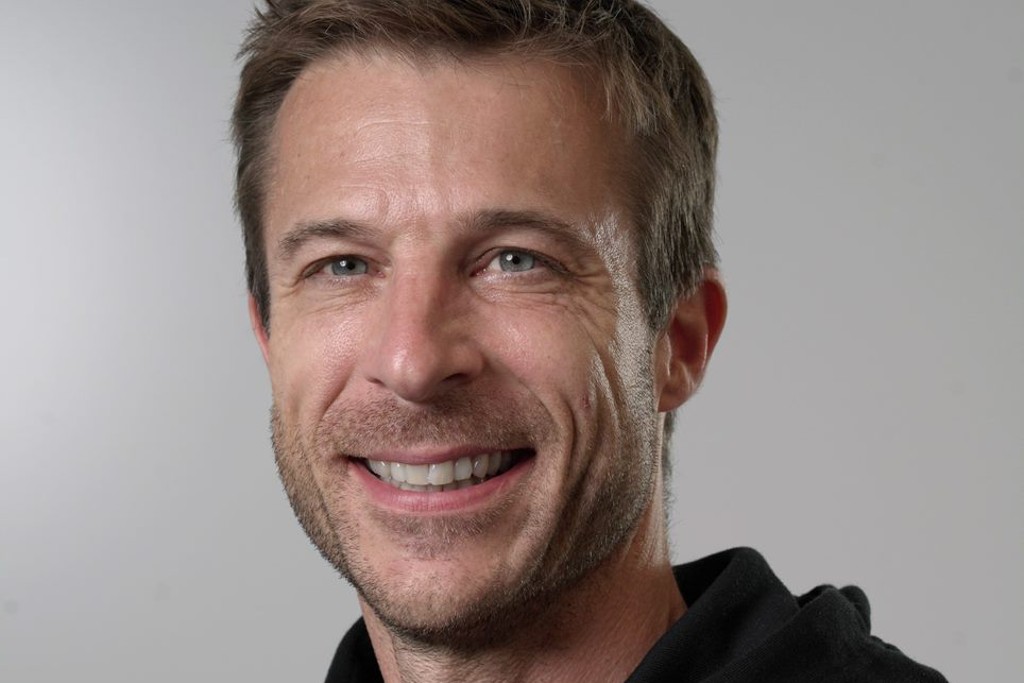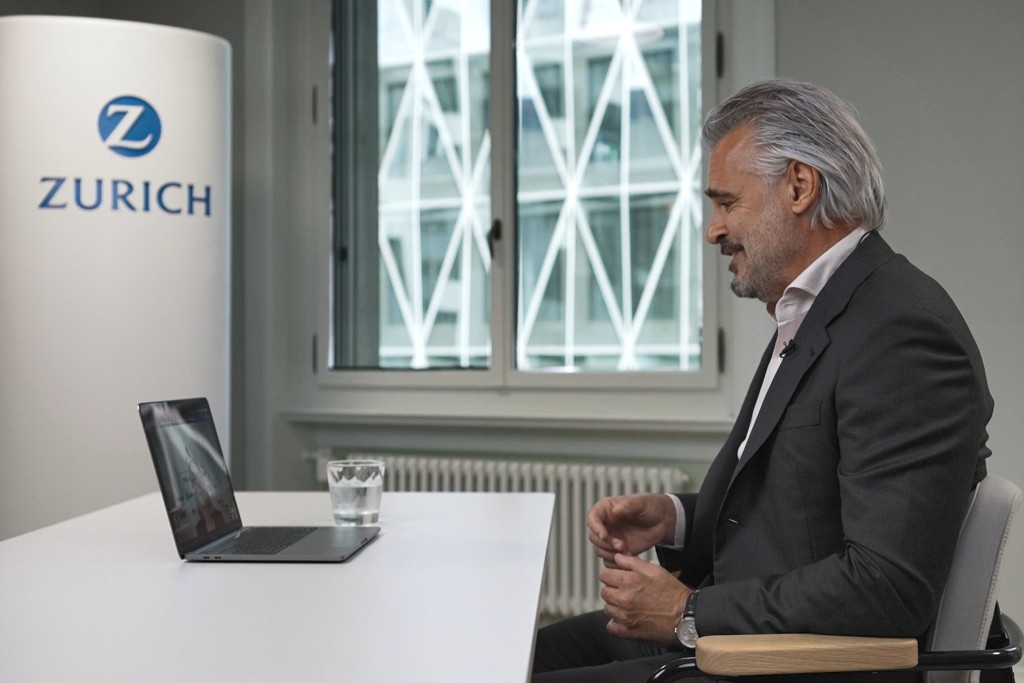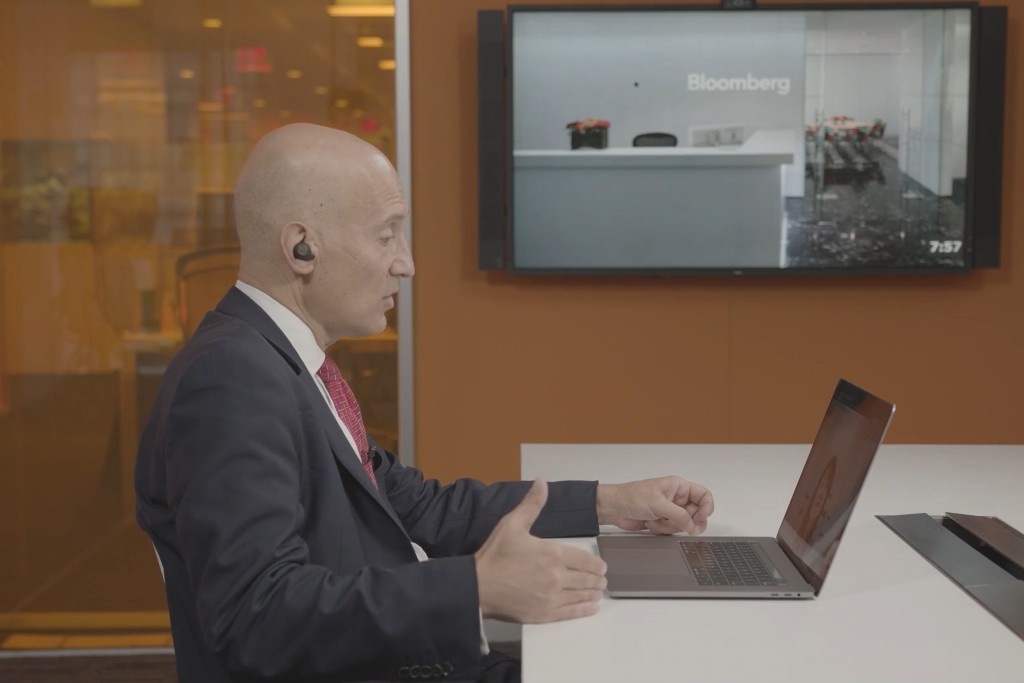The global landscape for human resources is shifting dramatically. HR has moved away from being a transactional service provider to a truly strategic function placing people at the centre of corporate strategy. In our annual Future Series (FU.SE), we brought together CHROs and C-suite decision makers to discuss the future of work and the changing role of HR. Here are some of the key takeaways.
October 6, 2021
Inclusive Futures
Leadership
Tech
How can we solve the talent scarcity paradox? What is the promise of HR tech in solving the problems of diversity, inclusion and engagement? Do junior workers seek out jobs with purpose or a paycheck? How can CHROs prepare for the future of work?
Future Series FU.SE 2021 brings together CHROs and C-suite decision makers every year for extensive conversations about the future of work, the changing human resources landscapes, and the evolving role of CHROs.
The global HR landscape has transformed dramatically since FU.SE was first launched in 2019. This year’s event took on a people-centric focus with the pandemic still at the forefront of people’s thoughts. The agenda concentrated on the radically changing role that human resources is playing in the transformation of companies and people, the integration of technology into all aspects of HR -- and the practical challenges and solutions that come with this.
Human resources has become less of a transactional function and shifted to a truly strategic function, placing people and skills at the centre of business success.
BBC Broadcaster Emma Nelson moderated a variety of sessions that brought together some of the top minds in the future of work space, including Professor Carl Benedikt Frey, Oxford Martin Citi Fellow at the University of Oxford, Stijn Nauwelaerts, Corporate Vice-President, Geo-MCAPS, Human Resources, Microsoft, two of our CEO for One Month winners, and many more. From the evolving role of HR tech to discussions on purpose versus money to insights on talent scarcity, here are the top takeaways from FU.SE 2021.
Future Series FU.SE 2021 brings together CHROs and C-suite decision makers every year for extensive conversations about the future of work, the changing human resources landscapes, and the evolving role of CHROs.
The global HR landscape has transformed dramatically since FU.SE was first launched in 2019. This year’s event took on a people-centric focus with the pandemic still at the forefront of people’s thoughts. The agenda concentrated on the radically changing role that human resources is playing in the transformation of companies and people, the integration of technology into all aspects of HR -- and the practical challenges and solutions that come with this.
Human resources has become less of a transactional function and shifted to a truly strategic function, placing people and skills at the centre of business success.
BBC Broadcaster Emma Nelson moderated a variety of sessions that brought together some of the top minds in the future of work space, including Professor Carl Benedikt Frey, Oxford Martin Citi Fellow at the University of Oxford, Stijn Nauwelaerts, Corporate Vice-President, Geo-MCAPS, Human Resources, Microsoft, two of our CEO for One Month winners, and many more. From the evolving role of HR tech to discussions on purpose versus money to insights on talent scarcity, here are the top takeaways from FU.SE 2021.
The future of work requires collaboration with all stakeholders
It’s more important than ever for key stakeholders to come together and reflect on the challenges we face in the world of work. That’s the message Alain Dehaze, CEO of The Adecco Group, brought to the opening of FU.SE 2021, where hundreds of decision makers gathered to reflect on the past 18 months of turbulence – and look forward to see how the world of work might change.
“The past 18 months have accelerated change. We are living in a very exciting, yet challenging time and we need to find practical and actionable solutions together,” Dehaze said.
Trends that once seemed temporary at the start of the pandemic have now accelerated – and have become the norm. Companies have begun to really work as a whole to achieve new goals.
“It is really attractive and engaging, when employees know what we are all trying to collectively achieve as an organisation which leads to better outcome for the business and better work,” Martine Ferland, CEO of Mercer, said. Ultimately, it’s about making sure the future workforce works for everyone.
Upskilling and Reskilling – it’s all about skills rather than jobs
The Covid-19 pandemic has changed the way many C-suite executives look at their talent agenda. There’s a renewed focus, now more than ever, on upskilling and reskilling employees. Instead of looking at past job roles or college degrees, it’s time to shift into a skills-first mindset when hiring top talent.
Technology will be a key driver in training employees for the future, with “digital technology enabling us to get more granular information to identify training opportunity for all workers,” said Stefano Scarpetta, Director Employment Labour and Social Affairs, OECD, during FU.SE 2021.
The career landscape is shifting and changing so quickly now, that many jobs that will exist in the next few years will be brand new, especially green jobs. “With talent and skills evolving the traditional career ladder model is becoming obsolete” said Martine Ferland, CEO of Mercer. Covid has changed the meaning and the purpose of work.
Sunnie J. Groeneveld, Managing Partner, Inspire 925, described upskilling and reskilling as “the silver bullet.” There has been a massive shift in economic sectors experiencing newfound growth, causing new challenges for employers and employees alike. People after the pandemic need reskilling and recalibrating more than ever in order to find new jobs.
Purpose or money? Empowering young people in the next normal
The role of young leaders as a driving force in the workplace is becoming increasingly prevalent. Eva Dutary, Global President, AIESEC, spoke about young people’s ability to challenge the system and the importance in the role of HR in capitalizing the positives that young people can bring to the workplace.
Having a purpose and the importance of cross-cultural collaboration was also a key point of discussion. By working together, people can create fresh ideas that contribute to positive changes in the world. Bridging the intergenerational divide at work is also central to building a successful future for companies. Diversity in teams is essential, the speakers agreed, and senior colleagues should make an effort to engage with junior staff and allow them to play a role in the company’s future as emotionally intelligent digital natives.
The Youth debate during FU.SE also discussed the idea of purpose vs. money. Do future young leaders prefer to have a job that gives them purpose, or a job that pays well? The answer remains complex, depending on who you might ask.
Many young leaders find themselves wondering whether they are making an impact at work, and whether they are passionate about the company’s mission. Some young workers want to place a much bigger emphasis on finding fulfilment and purpose in their workplace, more than perhaps past generations might have wanted.
Can tech answer CHROs prayers?
HR tech is no longer just a tool in the CHRO toolbelt – it’s now a crucial part in building a more diverse and inclusive work environment, speakers argued during the HR Tech FU.SE session. Technology has become an important way for HR professionals to accommodate diverse personalities, promote wellbeing, and help train and develop workers.
Marcus Grüschow, Co-founder, MGME Neurotech, talked at length about how HR tech has the potential to manage staff burnout and mental health through prediction technology, which can be key in identifying problems before people begin to suffer.
Tech can also help enhance hybrid work model by improving connections across remote and flexible teams as well as supporting a collaborative environment that helps employees to feel valued and seen.
“There is a big opportunity to think holistically on how we leverage tech in creating human centred organisations by bringing people together in a positive way,” So-Young Kang, Founder and CEO, Gnowbe, said.
Trust is key for the workplace to evolve
As the future of work evolves, one key element remains steadfast: trust. Trust in the workplace is an extremely important concept for the future world of work. When employees trust their managers, and vice versa, it can help nurture employees and build confidence. Stijn Nauwelaerts, Corporate Vice-President, Geo-MCAPS, Human Resources, Microsoft, believes there will be great value in educating managers “to move away from control to a more empowering role which managers need to have in their DNA.”
Trust can also be an important factor with future leaders. One of the best ways to empower young people is giving them the chance through ‘learn by doing’. It can be a powerful way to help junior workers become more employable, too.
“Trust, responsibility and being given the chance to make mistakes, along with inter-generational collaboration and coaching, is the key to becoming more employable,” Eva Dutary, Global President, AIESEC said.
Preparing for the digital era: A synchronisation challenge
Although the concept at present seems hard to fully comprehend in our current work life, Richard Baldwin, Professor of Economics, IHEID Graduate Institute, explained that “the infiltration of software automation and offshoring of jobs will come into our lives in such a subtle way that eventually using AI will be so pervasive that we will look back and imagine how we ever got along without it.”
The future will be focused on tasks, not occupations. Automation and globalization will change the nature of every job and occupation but will eliminate quite a few. One of the biggest challenges? To synchronise the skills that aren’t in demand against the skills which are.
Inspiring Change and Finding Solutions
The HR landscape has witnessed accelerated trends at a rapid pace, and there is no turning back to how things were pre-pandemic.
The FU.SE 2021 insights revealed how the face of HR is evolving and that upskilling, and reskilling are key to building inclusive, skill-based organisations that are future-proof. Additionally, continuous learning makes employees resilient, especially during turbulent times, strengthening people’s skillsets and making for a healthy labour market.
The challenge for the future is being able to combine newfound flexibility and security. You can join the fourth edition of Future Series FU.SE in 2022.



